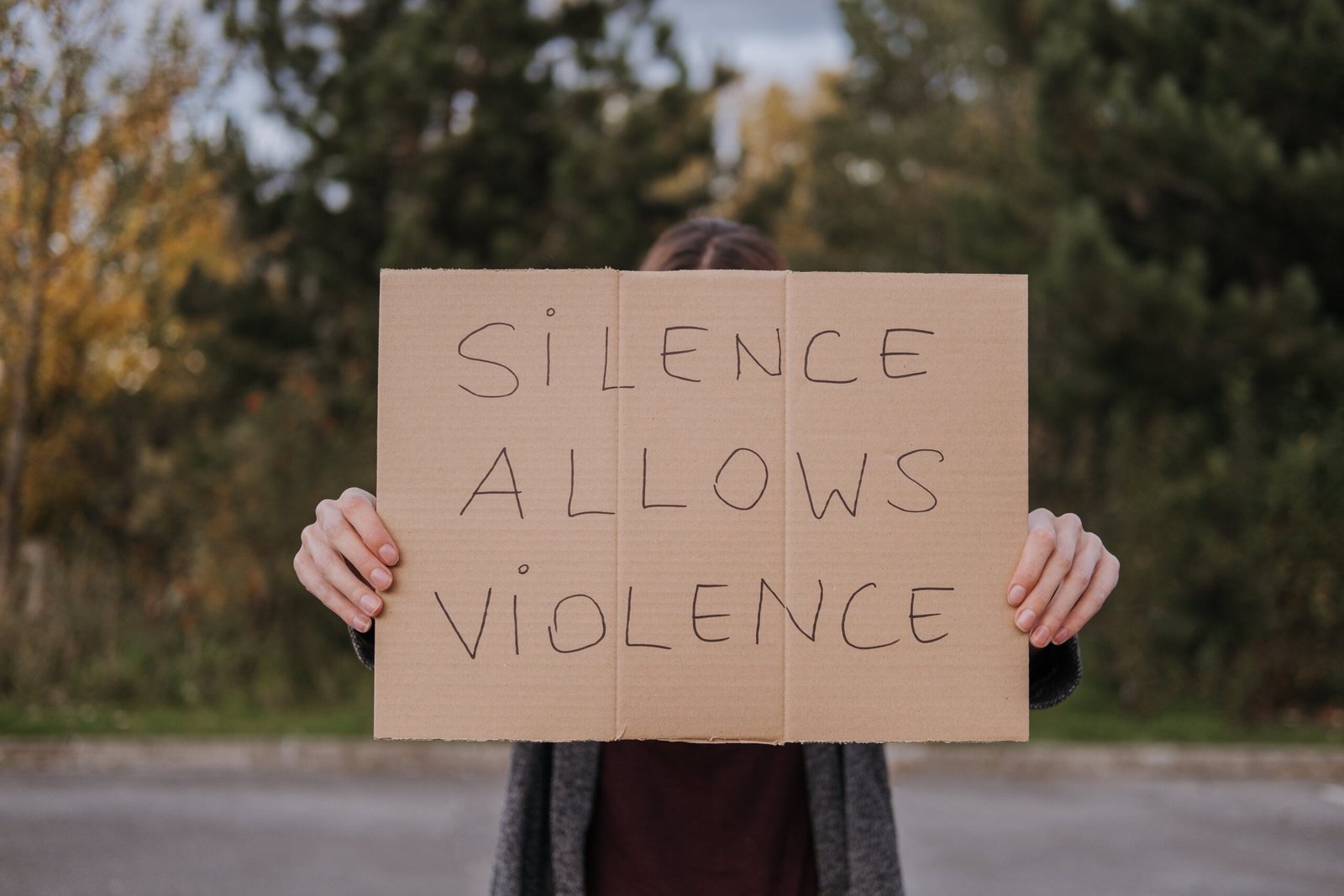
Imagine waking up from a peaceful night’s sleep, only to be greeted by a throbbing pain in your shoulder joint. As you reach to rub the discomfort away, you can’t help but wonder what could be causing this seemingly mysterious agony. In this article, we will uncover the possible culprits behind shoulder joint pain that occurs specifically after a night of slumber. By understanding these causes, you’ll be equipped with the knowledge to prevent and address this pesky issue, allowing you to wake up feeling refreshed and pain-free.
Causes of Shoulder Joint Pain After Sleeping
Waking up with shoulder joint pain can be a frustrating start to your day. The discomfort can hinder your ability to perform everyday tasks and even impact your sleep quality. Understanding the causes of shoulder joint pain after sleeping can help you find relief and take proactive steps to prevent future discomfort. In this article, we will delve into some of the most common reasons why your shoulder joint may hurt after sleeping and explore potential solutions.

Overuse or Strain
One of the leading causes of shoulder joint pain after sleeping is overuse or strain. Engaging in repetitive activities or incorrect techniques can put excessive stress on the shoulder joint, leading to discomfort. Additionally, participating in excessive exercise or heavy lifting without proper warm-up and conditioning can contribute to shoulder overuse or strain. It is important to listen to your body and practice proper form to avoid overburdening your shoulder joint.
Poor Sleeping Position
Your sleeping position plays a crucial role in determining the health of your shoulder joint. Sleeping on your side, stomach, or with your arm under the pillow can all lead to shoulder joint pain after waking up. Putting pressure on the shoulder joint and compressing the tendons and muscles for prolonged periods can cause inflammation and discomfort. It is recommended to find a comfortable sleeping position that promotes proper alignment and minimizes strain on the shoulder joint.

Frozen Shoulder
Frozen shoulder, also known as adhesive capsulitis, is a condition characterized by stiffness and pain in the shoulder joint. This condition can lead to a restricted range of motion, making it difficult to perform daily activities. Sleeping in certain positions can exacerbate the symptoms of frozen shoulder, causing heightened pain and discomfort upon waking up. Physical therapy and gentle stretching exercises are often recommended to alleviate the symptoms and regain mobility in the shoulder joint.
Shoulder Impingement Syndrome
Shoulder impingement syndrome occurs when there is excessive pressure on the rotator cuff tendons or the bursa, a fluid-filled sac that reduces friction between tendons and bones. This pressure can be caused by the shoulder blade rubbing against the tendons, leading to inflammation and pain. As you sleep, certain positions can further compress the rotator cuff or the bursa, resulting in increased discomfort in the morning. Proper diagnosis and appropriate exercises targeting the affected areas can help provide relief for shoulder impingement syndrome.

Rotator Cuff Tear
A rotator cuff tear refers to damage or degeneration of the muscles and tendons that stabilize the shoulder joint. This condition can cause pain and weakness in the shoulder, making it challenging to lift and rotate the arm. While rotator cuff tears can result from injury or trauma, certain sleep positions can also contribute to the discomfort. Sleeping on the affected side and placing pressure on the injured rotator cuff can worsen the symptoms. Treatment options for a rotator cuff tear can range from conservative methods such as rest and physical therapy to surgical intervention in more severe cases.
Bursitis
Bursitis is the inflammation of the bursa, small fluid-filled sacs that provide cushioning between bones, tendons, and muscles. When the bursa in the shoulder becomes inflamed, it can lead to painful and swollen joints. Certain sleeping positions, such as sleeping on the affected shoulder, can aggravate bursitis symptoms, intensifying the pain experienced upon waking up. Treatment for bursitis may include rest, ice packs, physical therapy, and in some cases, medication or corticosteroid injections to reduce inflammation.
Arthritis
Both osteoarthritis and rheumatoid arthritis can contribute to shoulder joint pain after sleeping. Osteoarthritis is a degenerative joint disease that occurs with age, causing joint inflammation and pain. Rheumatoid arthritis, on the other hand, is an autoimmune disorder that leads to chronic joint inflammation. Both types of arthritis can result in morning stiffness and increased discomfort in the shoulder joint upon waking up. Managing arthritis through a combination of medication, physical therapy, and lifestyle changes can help alleviate symptoms and improve joint function.
Tendonitis
Tendonitis refers to the inflammation of tendons, which are thick fibrous cords that connect muscles to bones. In the shoulder joint, tendonitis can cause pain and tenderness, making it difficult to raise the arm. Certain sleeping positions that strain the affected tendons can worsen the symptoms of tendonitis, leading to increased pain and discomfort. Resting the shoulder, applying ice packs, and avoiding activities that exacerbate the pain are usually recommended for managing tendonitis. Physical therapy and anti-inflammatory medications may also be helpful.
Shoulder Dislocation
In rare cases, shoulder joint pain after sleeping may be attributed to a shoulder dislocation. This occurs when the upper arm bone slips out of the shoulder socket. Shoulder dislocations typically result from a fall or trauma and cause severe pain and swelling. If you suspect a shoulder dislocation, seek immediate medical attention. Treating a dislocated shoulder may involve manual repositioning, immobilization, and rehabilitation exercises to regain strength and stability in the joint.
Injury or Trauma
Lastly, shoulder joint pain after sleeping can be caused by an injury or trauma. Falling or accidents that result in fractured bones or ligament tears can lead to intense shoulder pain and swelling. The severity of the injury will determine the appropriate treatment, which may range from conservative measures such as rest, immobilization, and physical therapy to more invasive interventions like surgery. It is crucial to get a proper diagnosis from a healthcare professional to determine the best course of action for your specific condition.
In conclusion, shoulder joint pain after sleeping can arise from various factors such as overuse or strain, poor sleeping position, frozen shoulder, shoulder impingement syndrome, rotator cuff tear, bursitis, arthritis, tendonitis, shoulder dislocation, or injury. Understanding the cause of your shoulder pain is essential in finding appropriate relief and preventing future discomfort. It is advisable to consult with a healthcare professional for an accurate diagnosis and personalized treatment plan to address your shoulder joint pain effectively. Remember to prioritize rest, proper posture, and gentle exercises to promote shoulder joint health and overall well-being.





